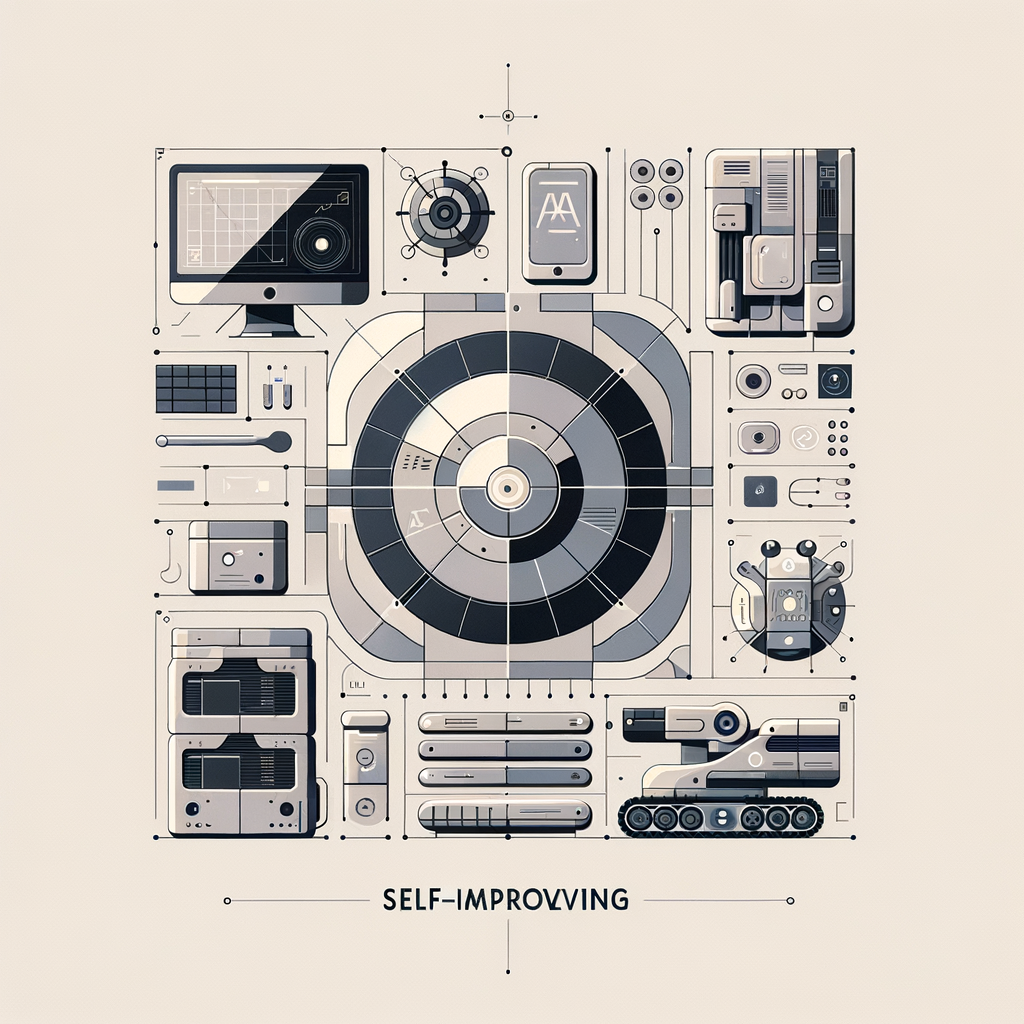
Beyond AutoGPT: Navigating the Future of Self-Improving AI Systems
Dive into the cutting-edge world of self-improving AI systems. This blog post explores the frontier of AI technology that not only learns but also enhances its own algorithms without human intervention. Discover how these AI systems could redefine industries, boost productivity, and create unforeseen opportunities. We'll explore the concepts, potential applications, and ethical implications of such autonomous AI entities.
Beyond AutoGPT: Navigating the Future of Self-Improving AI Systems
The landscape of artificial intelligence is ever-evolving, with groundbreaking advancements pushing the boundaries of what machines can achieve autonomously. Among these innovations, self-improving AI systems stand out as a transformative force that could redefine our understanding of machine intelligence.
The Concept of Self-Improving AI
Self-improving AI systems are designed to learn and enhance their own algorithms without direct human intervention. By leveraging recursive improvement, these systems can incrementally refine their performance over time, effectively becoming more adept with each iteration.
How Self-Improvement Works
These systems utilize feedback loops to evaluate their own performance. By identifying areas of weakness or inefficiency, the AI can propose modifications to its own architecture or algorithmic approach. This process often involves techniques such as:
- Genetic Algorithms: Emulating natural selection to iteratively develop and refine algorithms.
- Reinforcement Learning (RL): Using trial and error to discover effective strategies for task completion.
- Meta-Learning: Improving the AI's capability to learn new tasks more efficiently by honing its learning strategies.
Applications Across Industries
The potential applications of self-improving AI systems are vast:
- Healthcare: Enhancing diagnostic accuracy and treatment plans by adapting to new medical research and patient data.
- Finance: Improving risk assessment models and fraud detection through autonomous data analysis.
- Manufacturing: Optimizing production processes for greater efficiency and quality control.
- Transportation: Enabling smarter, safer autonomous vehicles that continuously learn from their environment.
- Agriculture: Revolutionizing farming techniques through adaptive crop management and yield prediction.
Ethical and Practical Implications
While self-improving AI systems offer tremendous promise, they also raise significant ethical and practical questions:
- Autonomy vs. Control: How much autonomy should these systems be allowed, and what measures are needed to prevent unintended consequences?
- Bias and Fairness: Ensuring that AI improvements do not perpetuate or exacerbate biases present in existing training data.
- Accountability: Determining liability for decisions made independently by AI systems.
The Path Forward
Developing policies and frameworks to guide the deployment of self-improving AI systems is crucial. Stakeholders across academia, industry, and government must collaborate to establish regulations that foster innovation while ensuring safety and ethics.
Conclusion
Self-improving AI systems hold the potential to revolutionize industries by automating and optimizing their operations in unprecedented ways. As these systems continue to evolve, they promise to open new frontiers in artificial intelligence, offering both challenges and opportunities for the future.
By understanding and addressing the accompanying ethical challenges, we can unlock the full potential of these revolutionary AI systems while maintaining control over their development. The journey towards fully autonomous, self-improving AI is just beginning, and it promises to be as exciting as it is uncertain.